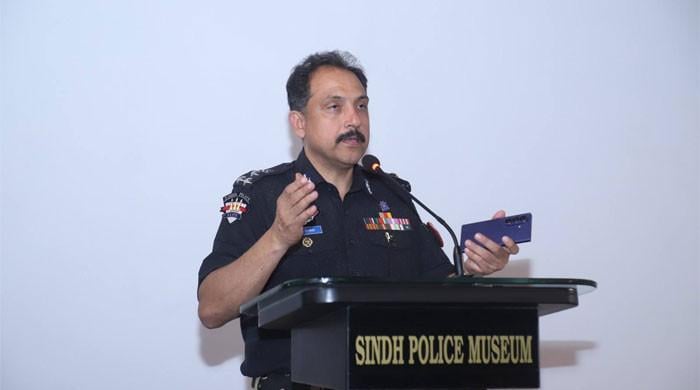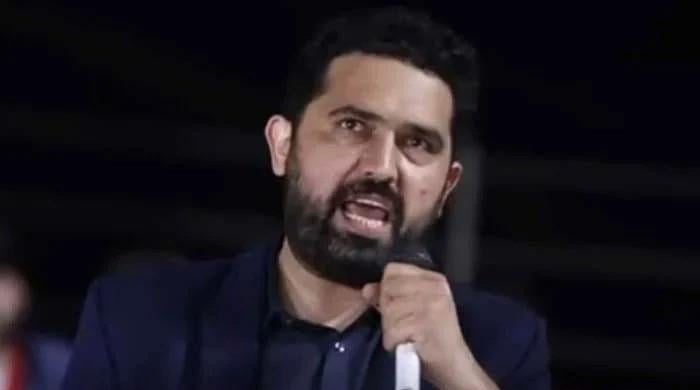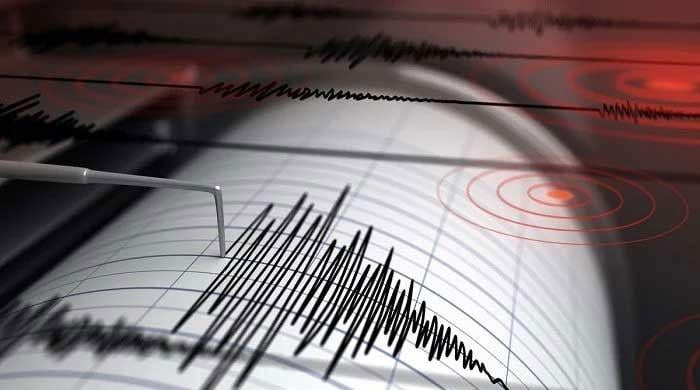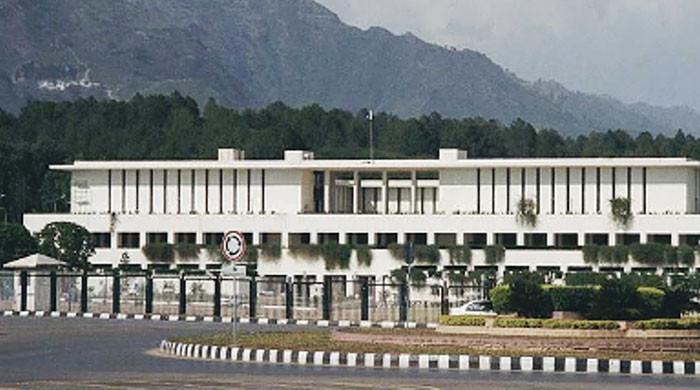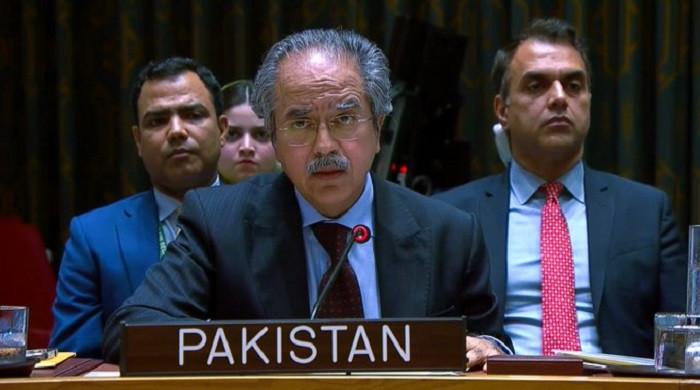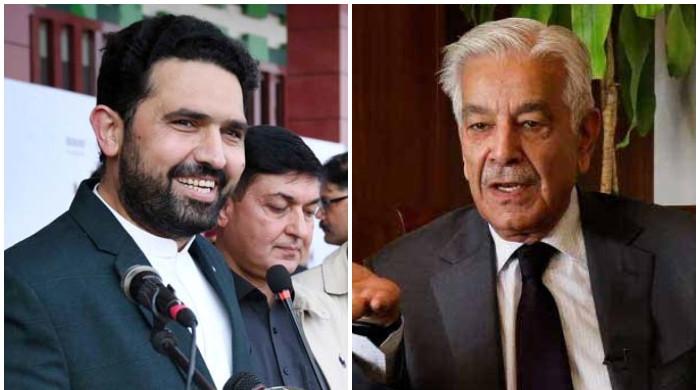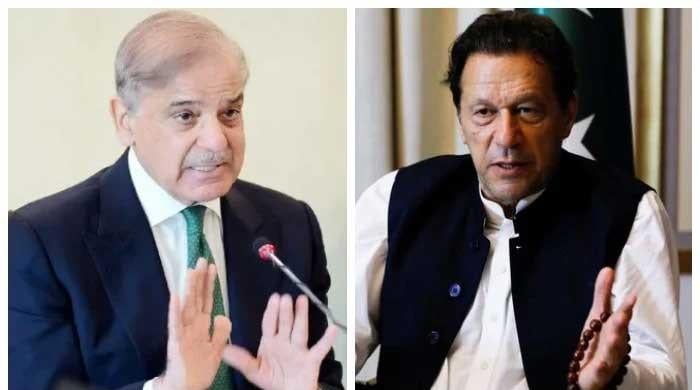Female teachers, students affected most by terrorist attacks on schools: HRW
Between 2007 to 2015 867 educational institutes were attacked in Pakistan
March 28, 2017
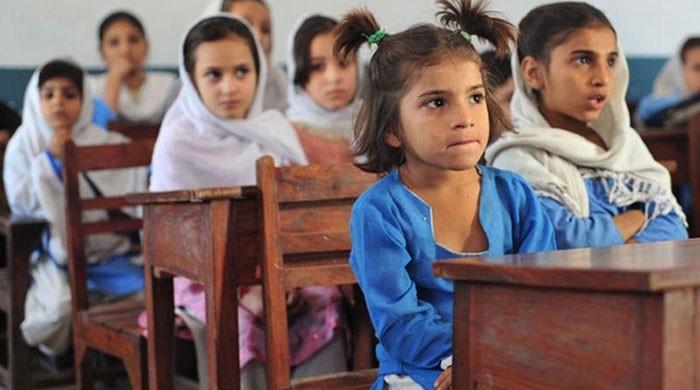
Attacks by the Taliban and other militant groups disrupted the education of hundreds of thousands of children, particularly girls, the Human Rights Watch (HRW) states in its latest report.
The 71-page report, “Dreams Turned into Nightmares: Attacks on Students, Teachers, and Schools in Pakistan,” based on 48 interviews with teachers, students, parents, and school administrators in the Pakistani provinces of Punjab, Sindh, and Khyber Pakhtunkhwa (KP), urges the Pakistan government to take measures to make schools safe for students.
It documents attacks by militants from January 2007 to October 2016 that have destroyed school buildings, targeted teachers and students, and terrorized parents into keeping their children out of school. These attacks have often been directed at female students and their teachers and schools, blocking girls’ access to education.
867 attacks on educational institutions
After the Taliban took over large parts of the Swat Valley in KP in 2007, they began a violent campaign against education for girls. Over 900 girls’ schools were forced to close and over 120,000 girls stopped attending school. About 8,000 female teachers were driven out of work. For many girls, the loss was permanent and they did not return to school even after the Pakistan army had displaced the Taliban, the report states.
The Pakistani government does not collect specific data on the number of attacks on schools and universities, or the number of deaths and injuries from such attacks. However, according to the Global Terrorism Database, there were 867 attacks on educational institutions in Pakistan from 2007 to 2015, resulting in 392 fatalities and 724 injuries.
The government’s failure to keep consistent and transparent national data on such attacks raises serious concerns about its ability to track repairs of damaged schools, identify trends that could inform protective measures, or investigate and prosecute the responsible individuals, Human Rights Watch said.
After the Peshawar attack, which killed 135 children, Prime Minister Nawaz Sharif announced a 20-point National Action Plan to comprehensively deal with terrorism – but none of the 20 points pertained to students or education, it points out.
In some areas, government forces have used educational institutions, including both schools and college hostels, as temporary or permanent barracks or military bases. When educational facilities are used for military purposes, it places them at increased risk of attack. The government should issue clear and public orders to Pakistan security forces to curtail the military use of schools, HRW suggests.
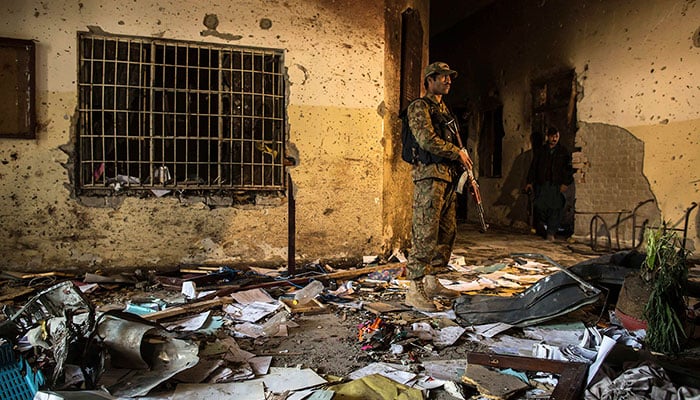
A soldier stands in the hallway of the Army Public School which was attacked in 2014- Reuters
Pakistan unable to ensure secure schools
Despite hundreds of attacks on teachers, students, and educational institutions, the Pakistani government has not successfully prosecuted the perpetrators in most instances. This failure was highlighted in June 2015, when it was reported that eight out of the 10 individuals arrested and charged for the attack on Malala Yousafzai were acquitted, even after they all confessed to their role in court, the reports states.
Pakistan’s national government should cooperate with provincial authorities to create an advance rapid response system whenever there are attacks on schools, so that these facilities are quickly repaired or rebuilt and destroyed educational material is replaced so that children can return to school as soon as possible, the report urges. During reconstruction, students should be provided education through alternative means and, where appropriate, given psychosocial support.
“The Pakistani government should do all it can to deter future attacks on education, beginning with improving school security and providing the public reliable information on threats,” Bede Sheppard, child rights deputy director at Human Rights Watch said.
Pakistan faces significant education challenges, with an estimated 25 million children out of school. The report includes testimonies on how militant violence has disrupted the education of hundreds of thousands of children, particularly girls. The report also documents instances of military use of educational institutions.





